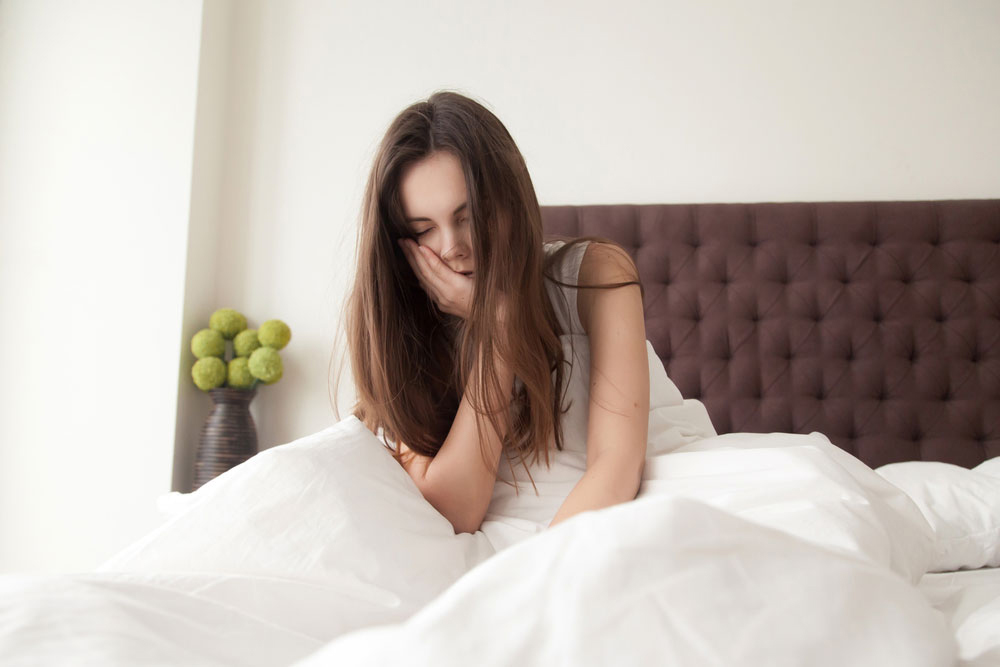Many people turn to prescription medications like Lunesta and Ambien in their search for a restful night’s sleep. While these drugs can be effective in the short term, understanding how they work, recognizing the signs of dependence, and being aware of their risks is essential for anyone considering or currently using them.
How Do Prescription Sleep Aids Work?
Prescription sleep aids belong to a drug class known as sedative-hypnotics. They work by changing levels of GABA, a neurotransmitter responsible for reducing neuronal excitability. In simple terms, they slow down brain activity, allowing you to calm down and fall asleep faster.
Dependence on sleep drugs can develop with prolonged use, leading to a reliance on these medications to fall asleep. Warning signs include:
- Increased tolerance, needing higher doses to achieve the same desirable feeling
- Continued use despite negative side effects
- Experiencing withdrawal symptoms like increased anxiety and insomnia when not taking the drug
- Using your sleep meds for reasons other than insomnia, such as to relieve stress
- Inability to fall asleep or stay asleep without the medication
Other Risks of Sleep Drugs
While dependence is a significant concern, sleep drugs carry other risks – especially behaviors like sleep eating and driving. These activities occur while you are in a semi-awake state, leaving you with little to no memory of doing them the next day. Such actions can put you and others in danger, highlighting the importance of using these medications under strict medical supervision.
If you suspect you’ve become dependent on sleep medication, you should know that stopping abruptly can cause uncomfortable and risky withdrawal symptoms. Follow these steps instead.
- Consult your health provider: Always seek professional advice. A doctor can devise a tapering schedule, gradually reducing the medication’s dosage to wean your body off.
- Explore alternative therapies: Many find relief through cognitive behavioral therapy for insomnia, a structured program that helps you identify and replace thoughts and behaviors that cause or worsen sleep problems with habits that promote sound sleep.
- Prioritize sleep hygiene: Establishing a routine that promotes good sleep, such as limiting caffeine and screen time before bed, maintaining a comfortable bedroom, and sticking to a consistent routine, can significantly improve your sleep quality without medication.
- Consider over-the-counter alternatives: You might find relief with OTC sleep aids or natural supplements like melatonin. However, these also require caution and a health professional’s guidance, as they can have unique risks and side effects.
Choose Outpatient Detox for Sleep Drug Dependence
At Georgia Sky Outpatient Detox, we offer a comfortable at-home detoxification option for our clients who need lifesaving help without putting their lives on hold or moving away from home. Powerful cravings, convulsions, tremors, and a racing heart rate are among the symptoms our detox specialists expertly manage.
Our holistic approach to recovery emphasizes comprehensive healing, addressing the symptoms and root causes of addiction. Through individualized treatment plans, we support our clients in developing healthier sleep habits and coping mechanisms, paving the way for a life of wellness and freedom from sleep drug dependence.
If you have become physically or psychologically dependent on sleep medications, we’re here to help. Contact us today to learn more about our programs and how we can support you on your journey to improved sleep quality and well-being.


